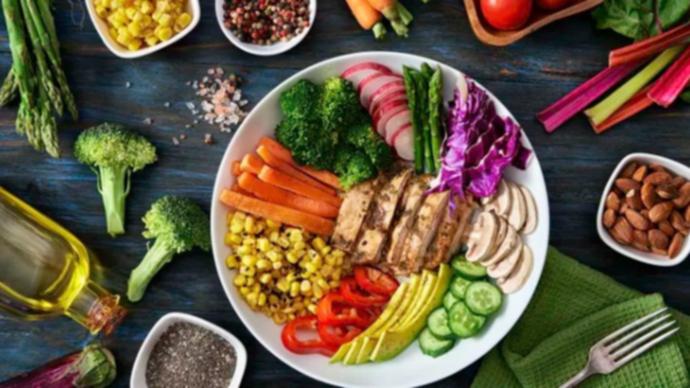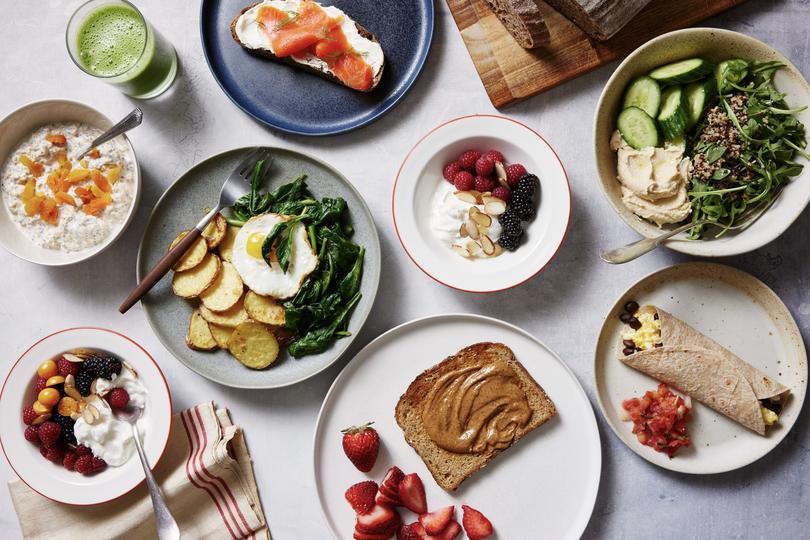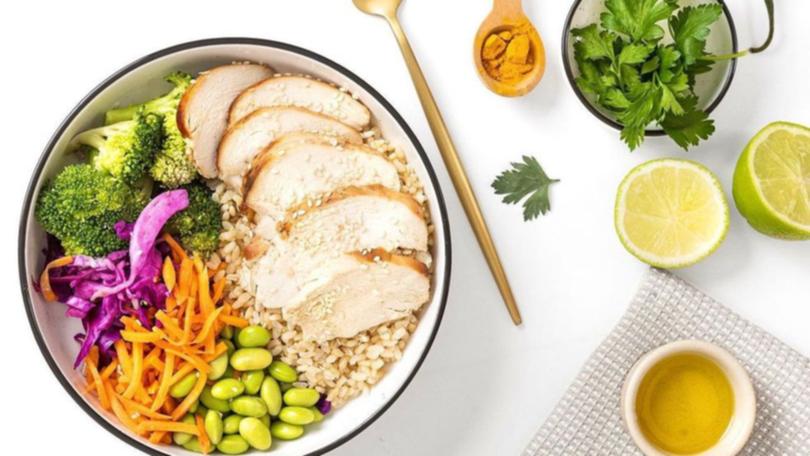I’ve studied longevity for 35 years: Here’s the one habit I won’t change even for a longer life
After decades of research, a longevity expert has revealed the tiny changes that could help you add years to your life and the one thing they refuse to budge on.

Growing up in Italy, Valter Longo was fascinated by what leads to longevity, especially when it comes to diet.
Mr Longo first began studying longevity on a larger scale in 1989.
35 years later, he’s serving as the director of the Longevity and Cancer Laboratory at the IFOM Institute of Molecular Oncology in Milan, Italy.
Sign up to The Nightly's newsletters.
Get the first look at the digital newspaper, curated daily stories and breaking headlines delivered to your inbox.
By continuing you agree to our Terms and Privacy Policy.But even Mr Longo, who hopes to live to 120, knows that it’s important to consider “what people can change and what people cannot change,” including himself.
Here’s one thing that Mr Longo says he isn’t planning on changing, even if it could increase his chances of living longer.
One habit this longevity expert won’t change even for a longer life
After decades of research, Mr Longo concludes that “diet is by far the most important” factor for longevity.
While he eats foods that align with a Mediterranean diet, which studies suggest may reduce chances of developing heart disease and Type 2 diabetes, Mr Longo says having all of your meals within a certain time frame each day is also important.
“I recommended 12 hours of fasting daily. Let’s say you eat between 8 a.m. and 8 p.m. [or] 7 a.m. [and] 7 p.m.,” he says.
This eating pattern is called the fasting-mimicking diet.
Additionally, the old adage of “breakfast like a king, lunch like a prince, dinner like a pauper” is also backed by science for leading to better health outcomes and closely aligns with the diets of the world’s longest-living people.

But having smaller portions for dinner at an earlier time isn’t something Longo does, and it wouldn’t be ideal for his schedule.
“I have a fairly big dinner, fairly late at night, and that’s probably not ideal, but [it] makes my life much easier to have no lunch,” says Mr Longo, who is also the director of the Longevity Institute of the Leonard Davis School of Gerontology at the University of Southern California-Los Angeles.
“I don’t have lunch Monday through Friday, and then I have a big dinner,” he adds.
Mr Longo understands that it would “probably be better to have a big lunch and a smaller dinner. [But] that’s the way my life is set up.”

In the grand scheme of things, he believes the negative effects of eating a large dinner at later times in the day are relatively small.
“That’s one of the compromises that I live with,” Mr Longo says.
